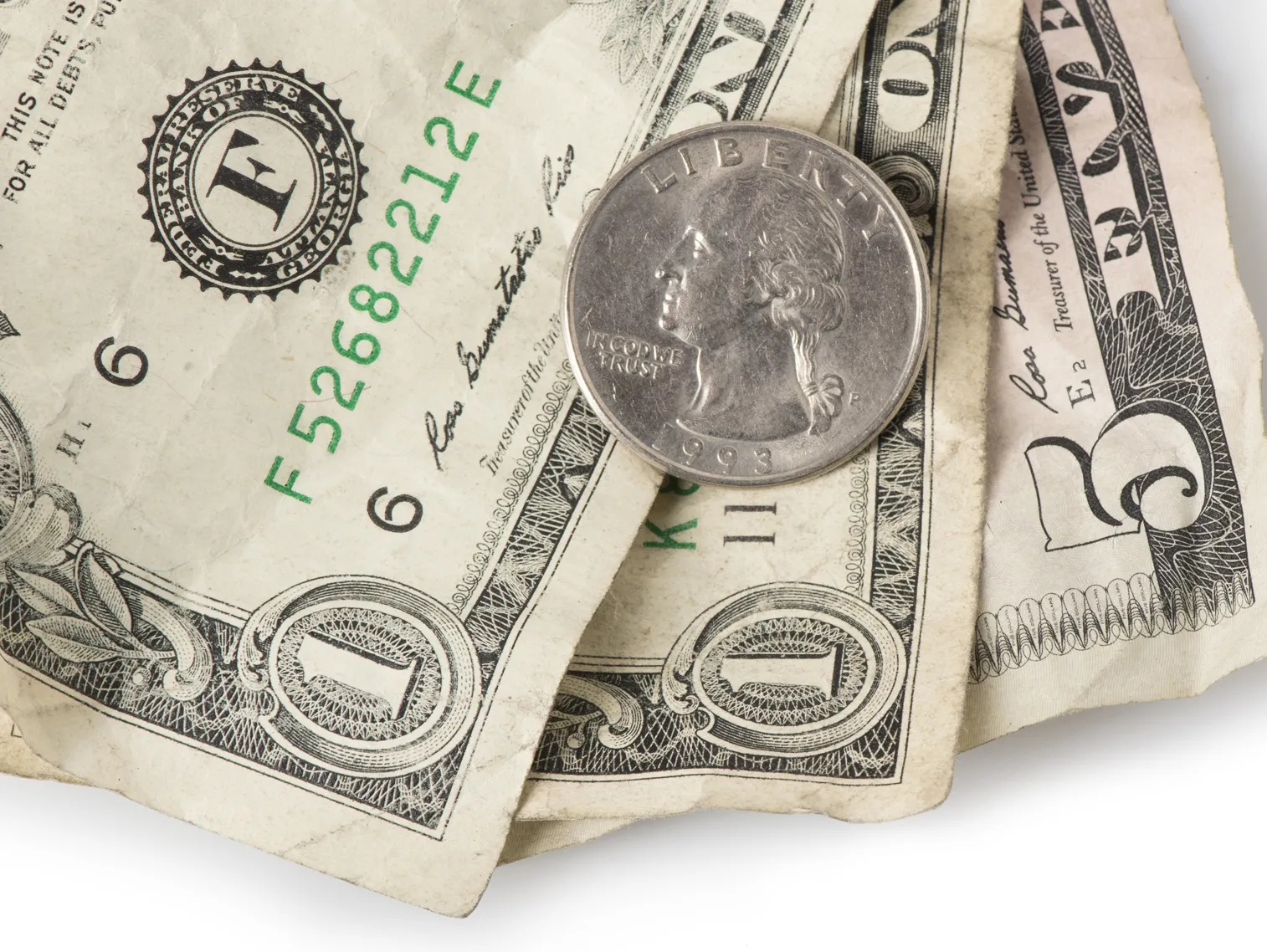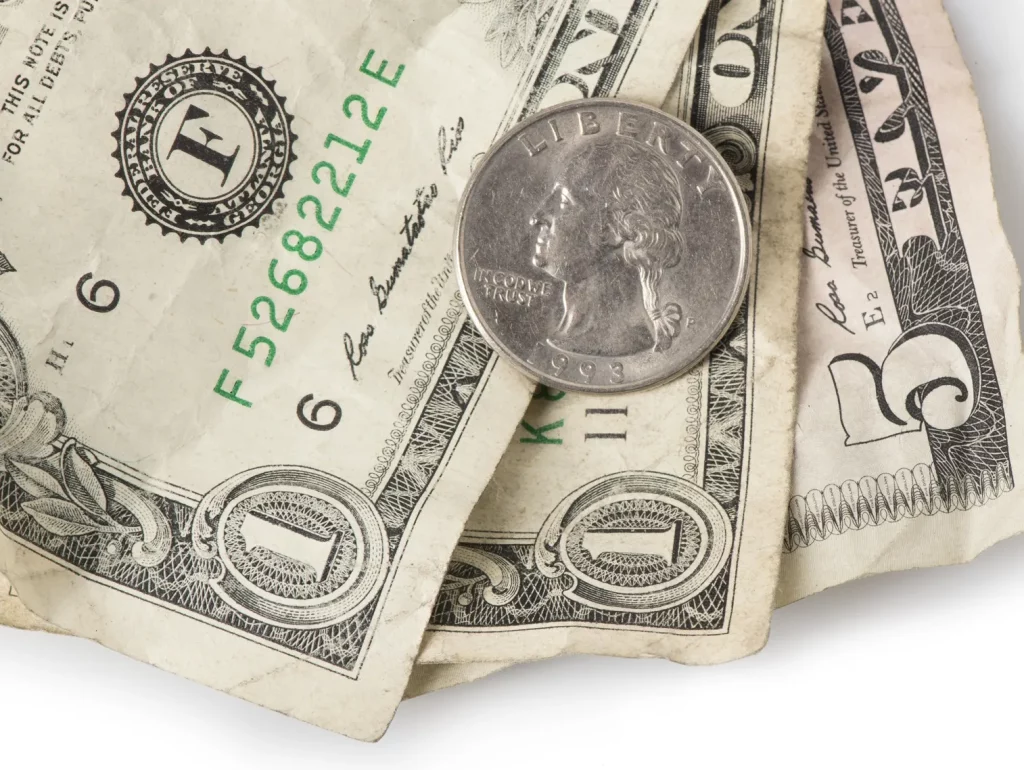While other states are boosting wages to keep up with the cost of living, Texas workers are waking up in 2025 to the same number on their paychecks: $7.25 an hour. It’s been over 15 years since the federal minimum wage was last increased—and Texas has done nothing to change that for its workers. If you’re earning the minimum wage in Texas today, you’re getting the same hourly rate as someone did in 2009, even though prices for housing, food, and gas have all skyrocketed.
In 2025, Texas still follows the federal minimum wage law, which means the state’s baseline pay is $7.25 per hour for non-tipped workers. Unlike states like California, New York, or even nearby Colorado, Texas has not passed any legislation to raise the minimum wage above this outdated federal standard. With no state-level efforts or inflation adjustments in place, millions of Texans remain locked into wages that have lost significant value over time.
Who Gets What in Texas?
Let’s break it down by category so you can see how it really works:
-
Standard workers (non-tipped): Must be paid at least $7.25 per hour.
-
Tipped workers (think servers and bartenders): Can be paid as little as $2.13 an hour in direct wages—as long as their tips bring them up to $7.25/hour. If they don’t, employers are legally required to make up the difference.
-
Young workers under 20: Employers are allowed to pay a training wage of $4.25/hour during the first 90 days on the job.
After those 90 days, young employees must also receive the full federal minimum of $7.25/hour.

How Texas Compares to the Rest of the U.S.
As of January 1, 2025, 30+ states and Washington, D.C. have raised their minimum wages above the federal floor. Some—like Washington, D.C.—have rates as high as $17.50 per hour. Many states now tie wage increases to inflation, giving workers a built-in raise as prices rise. But Texas has made no such move. It’s one of the few states where workers are still earning the same pay they were during the Great Recession.
That means a full-time minimum wage worker in Texas makes just $290 a week before taxes—or roughly $15,080 per year. In a time when the cost of living in Texas cities like Austin, Houston, and Dallas has surged, that income barely covers the basics.
What Workers and Employers Need to Know
If you’re an employee, especially in food service or hospitality, understanding the tipped wage law is critical. Your employer must ensure you’re earning at least $7.25/hour after tips—and if you’re not, they must make up the shortfall. As a new worker under 20, you might start off at $4.25/hour, but that rate only applies for your first 90 days.
If you’re an employer, it’s your responsibility to track tips accurately and make sure you’re following the Fair Labor Standards Act (FLSA), enforced by the U.S. Department of Labor. Failing to do so can result in penalties or lawsuits.
Will Things Change in Texas?
Not anytime soon. While federal lawmakers have proposed increasing the national minimum wage to $17 by 2030, those bills have stalled in Congress. And in Texas, the state legislature has shown little interest in raising the wage floor, despite mounting public pressure and union support.
For now, workers in Texas will need to rely on tips, promotions, or job changes if they want to see bigger paychecks—because the state’s base wage isn’t going anywhere fast.



